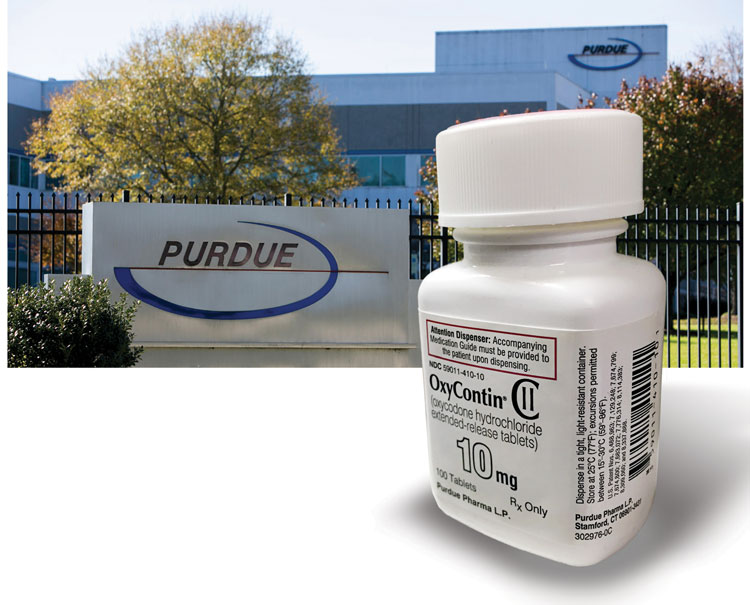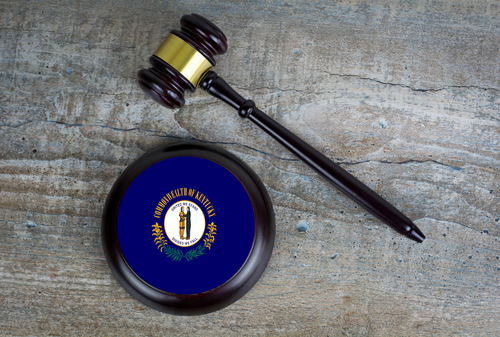Appeals court decision allowing release of Sackler family from opioid liability deepens circuit split
Bankruptcy Law
Appeals court decision allowing release of Sackler family from opioid liability deepens circuit split
June 1, 2023, 1:35 pm CDT
Purdue Pharma manufactures OxyContin. Photographs by Alamy and Shutterstock.
A federal appeals court has upheld a bankruptcy plan for Purdue Pharma that shielded the company’s owners from liability in civil opioid lawsuits in exchange for their agreement to contribute up to $6 billion to resolve the litigation.
The May 30 decision by the 2nd U.S. Circuit Court of Appeals deepens a circuit split over litigation releases against nondebtors in bankruptcies, Bloomberg Law reports.
The majority of federal appeals courts permit such releases, the 2nd Circuit said. But three appeals courts do not—the 5th Circuit at New Orleans, the 9th Circuit at San Francisco and the 10th Circuit at Denver.
Purdue Pharma and its owners, the Sackler family, were facing “a veritable deluge of litigation” for marketing that touted the opioid OxyContin as nonaddictive, the 2nd Circuit decision said. The drug has been blamed for “significantly contributing to one of the largest public health crises in this nation’s history: the opioid epidemic,” according to the court.
Even though the Sacklers did not seek bankruptcy protection, the Bankruptcy Code permits a release of claims against them by third-party litigants who did not consent to it, the 2nd Circuit said. And in the Purdue Pharma case, such releases were proper, the court determined.
The decision reversed a December 2021 decision by U.S. District Judge Colleen McMahon of the Southern District of New York.
The 2nd Circuit said bankruptcy courts should consider seven factors before imposing releases of claims against nondebtors, including whether the scope of the releases is appropriate, whether the releases are essential to the reorganization, whether the nondebtor contributed substantial assets to the reorganization, and whether the plan provides for fair payment of enjoined claims.
Melissa Jacoby, a bankruptcy professor at the University of North Carolina School of Law, told Bloomberg Law that she is troubled by the 2nd Circuit’s message to the public that “bankruptcy is an alternative justice system for big companies and their super-rich owners.”
But under the seven-factor test, judges will still have a lot of discretion.
“The details of the decision make clear that the path to getting a release is complicated and expensive,” Jacoby said.
See also:
ABAJournal.com: “Judge approves Purdue Pharma bankruptcy plan that provides immunity to Sackler family members”






